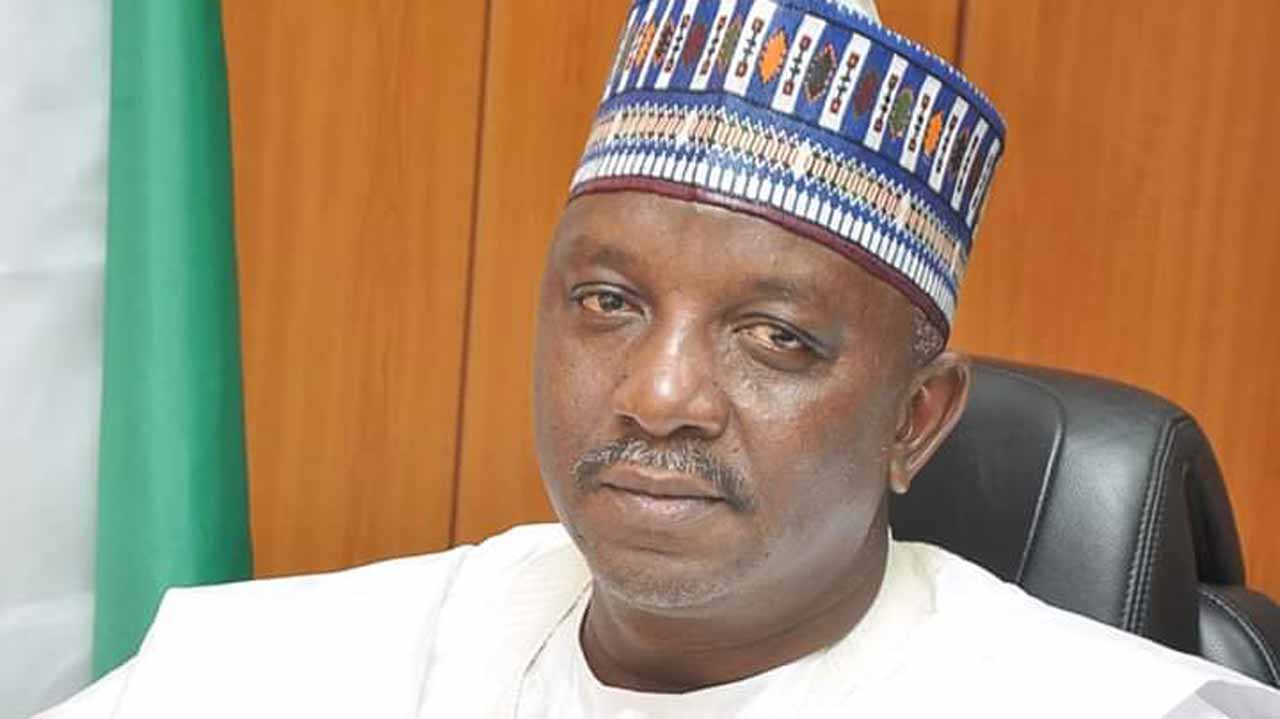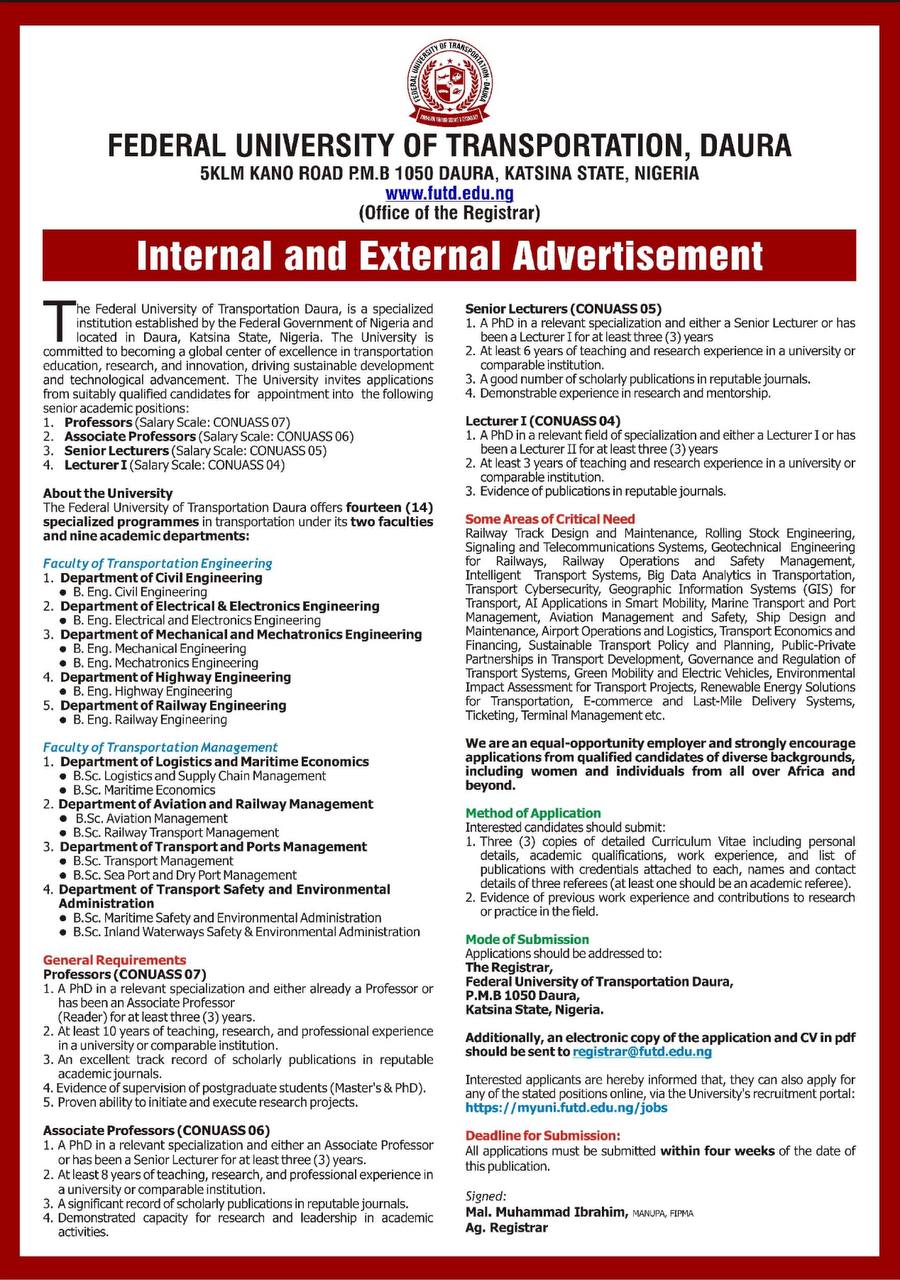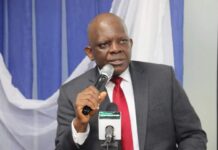The Minister of Power, Sale Mamman, has announced that the new increment on electricity tariff would start in July.
He revealed this on Tuesday at the Investigative Public Hearing on Power Sector Recovery Plan and the impact of COVID-19 pandemic organised by the Senate Committee on Power.
Mamman stated that COVID-19 pandemic had affected the laid out plan for the repositioning of the electricity market towards financial sustainability under the Power Sector Recovery Programme.
According to him, the regulator, following the completion of public consultation on tariff review, has initially planned to conduct a tariff review in April 2020.
However, he said due to the COVID-19 outbreak and customer apathy, the proposed tariff review was delayed by three months.
He said, “The impact of this means the subsidy being incurred in maintaining the current tariff level had to be maintained till July 2020 when the proposed tariff review will be implemented.
“The challenge we are currently facing in the development and expansion of our transmission line is budget and release of Federal Government’s commitment in the estimated sum of N32bn primarily for right of way acquisition and environmental impact mitigation.
“The fund should be provided for in the 2020, 2021, and 2022 Appropriation of the Ministry of Power.”
Mamman also said the COVID-19 pandemic had had a great economic impact not just on the health sector but on the overall economy.
He said, “Indeed, the prevalence of the pandemic has already reduced productivity due to the strategy adopted globally to contain it.
READ ALSO: FG sacks Nigerian Bulk Electricity Trading MD, names successor
“This by default affects the purchasing power of consumers and the demand for electricity in general.
“The current situation in the Nigerian power sector is that a lot of capital investment is being made, most of which is dependent on donor funding, loans and budgetary allocations.
“For projects that we have already secured their funding, we do not expect any adverse effect.”
He, however, said his Ministry was proactively seeking strategies to identify projects that would require counterpart funding in the face of dwindling national revenue so as to deliver within the projected timelines.
“This explains our prayer for the distinguished senators to consider and approve additional funding for the execution of the various projects we are undertaking,” he said.
He added that the power sector was also grappling with the challenges of infrastructural misalignment, market transparency, policy coordination and completion of legacy projects.
The Federal Government had earlier promised the International Monetary Fund that Nigerians will pay higher tariff for power in 2021. The promise was made while seeking the $3.4bn emergency financial assistance recently approved for Nigeria.
The Executive Board of the IMF approved the Rapid Financing Instrument, which the Federal Government plans to use to address the economic impact of the COVID-19 pandemic in the country, on April 28.
One of the promises, or commitments, which the government made in a bid to assure the executive board of the IMF of its readiness to reposition the Nigerian economy after the pandemic, is that Nigerians would pay full cost-reflective tariff for power in 2021.
The Federal Government also told the IMF it intends to cap electricity tariff shortfalls to N380bn in 2020.













